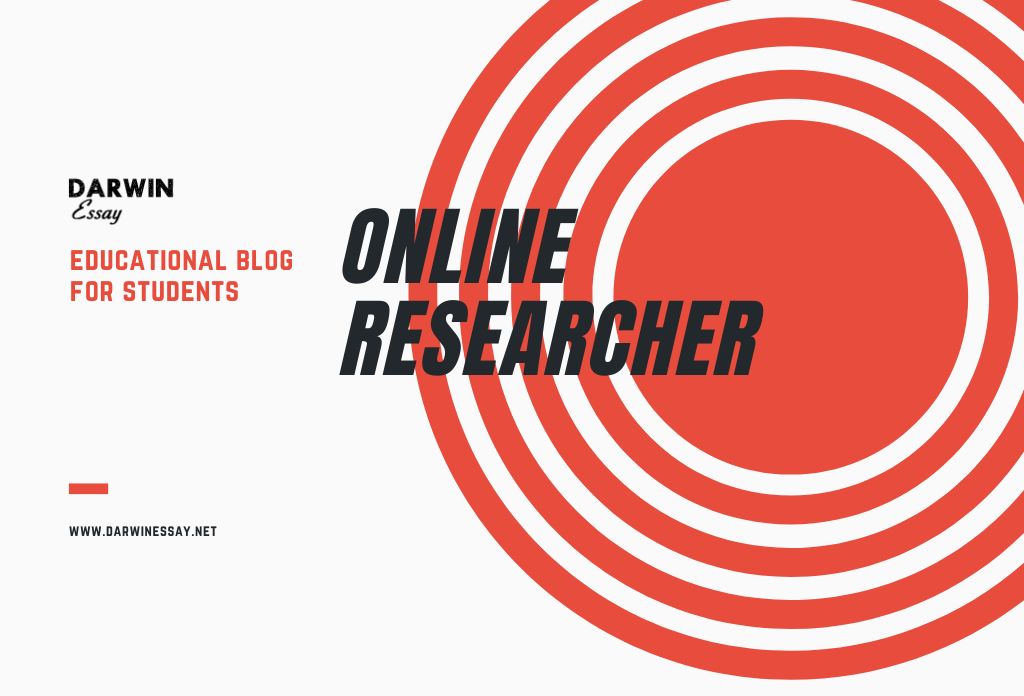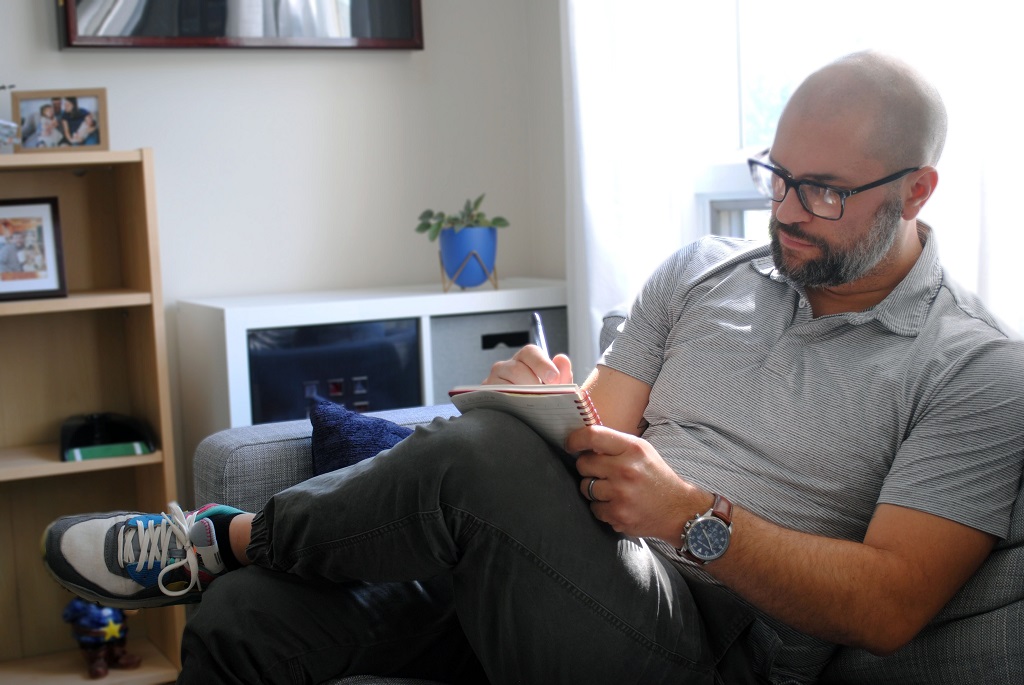How to Become a Better Online Researcher
FOR STUDENTS
It is summer now, and the last thing you want to care about is your future studies. However, the truth is that the next semester is in a month or two, and you need to think now about how to improve your academic performance to achieve excellent results.

It is up to you to decide which studying methods to choose. However, to make your student life less stressful and more enjoyable, consider the tips and pieces of advice on doing research online provided in this article. Writing your multiple research papers will be much easier with them.
Learn What Resources Your School Has
Your school’s resources can be limited, but never start searching anywhere else without having a thorough look at them. Most schools provide essay writing workshops and services to let you know more about more effective research strategies. They are pretty popular among students. You can also get access to different academic databases via your school library. Such access is usually for free.
Decide on Relevant Keywords
Search engines need keywords to provide relevant search results effectively. However, not all the keywords you insert in the tab will bring you adequate sources. If your keyword is broad, most sources in the search won’t correspond to your topic.
Try to make your keywords more specific to narrow the search. For example, you need to find information about the warfare during WWI. The key ‘warfare during WWI’ will lead you nowhere because there may be many research papers and textbooks about the aspects that don’t correspond to your research. That is why you need to narrow down the problem by a more specific keyword – ‘warfare at the beginning of WWI’ or ‘warfare in the summer of 1916.’

An Effective Method of Keyword Search
This is a simple hack – put quotation marks around the keywords you search for. Google will understand that you need a specific order of the words only, so you will get results that are directly related to what you need but not all of those that contain any order of these words. For instance, if you want to find something about scientific advancements in France in the middle of the 20th century, insert ‘scientific advancements in France,’ and you will get links to the materials that deal specifically with these words.
Use Google Scholar
While searching via Google, you may never be sure whether the resources you have found are relevant and reliable enough. That is why it makes sense to use Google Scholar. It is a specific index for academic publications widely used by students and researchers. Not all of the papers there are available for free. However, you can get their titles and try to find them in your school library.
Google Books Is a Great Option
Google Books is one of the favorite services for many students. It is the index of books on specific topics. Most of them aren’t available in full there, but, nevertheless, you will be able to find a lot of useful information. Even if you can see only sample pages and a copyright page, you can see the citation information there and the content to decide whether this source is relevant to your paper. Then, you can also look for it in your school library if you need more detailed information on certain points.
Make A Good Use of Message Boards
At first sight, it may seem useless – you usually chat when you don’t feel like doing something useful. However, you can find some great ideas on the topic you are researching and links to the sources you can use in your work. It is especially helpful if your research paper doesn’t use the commonplace knowledge in the niche. The matter is that most message boards relate to specific topics for true enthusiasts of the field. They may share their own findings, videos, photos, or documents on the subject there. You may get access to original things that you won’t be able to find anywhere else.
Advanced Search Is Pretty Helpful
You can find it in the ‘Settings’ section on the Google homepage. Opt for ‘Advanced Search’ there, where you can pick out different filters to narrow down your search. They may include a file type, religion, ethnicity, or language. Here, you can also insert distinct words or phrases that will limit the number of search results and produce adequate results.

Don’t Waste Your Time While Searching
It is a challenge to search for something online because you may end up with footwear from ancient Greece while you are trying to look for information about cattle breeding in Scotland.
The problem is that one page online has many links to other pages and topics you may find yourself interested in. That is why you need to define the amount of time for searching with one keyword. For example, you may set the timer for 15 minutes and not spend more than that. It is quite enough to skim through various link options and make some notes if needed. If you find a source with a lot of information your paper may benefit from, just bookmark it and come back to it later.
Write Short Annotations of the Sources Found
An annotated bibliography may not be a must for your research paper. Nevertheless, it is useful to make some notes about the sources you have found before you go on. You will be looking through numerous pages with a lot of information, and there is always a chance to miss or forget something important you have already found. That is why notes about the brief content of the sources will help you a lot to save time and effort in your future research work. Note the links to these sources, the titles and names of their authors to use in the bibliography if you cite these sources in the paper. In that way, you will never be confused.
Use Only Reliable Sources
The Internet contains a lot of false and fake information as well as entire trash. Everyone who uses it can write whatever they want and publish it without restrictions. You shouldn’t trust all these sources anyway. One reliable source may stand alongside hundreds of unreliable ones.
So, how can you know whether the source is reliable or not? If you use your school library’s search engine, you can be almost sure that the sources you will find via them are reliable enough for using them in your paper. All of them should be peer-viewed and come from reputable authors and publishers. If you want to use a public search engine, there are several signs that can indicate the authority of the source and its reliability. First of all, check the website’s owner. It can be a public organization or a non-profit community. Of course, opt for the former one.
Another thing to find out is whether the website’s owner is some private individual or company. You can find reliable and legitimate information from such owners as well. However, you need to check whether the company presents the advertising information that is just beneficial for their business development.
Even if you see the exact data, don’t trust it too much – it can be biased as well. One more thing that can help you decide how reliable the website is lies in the reference list under the article. If they have provided it at the end of the paper, you may assume that this source is reputable enough. If not, you’d better look for something else.
Encyclopedias and Public Online Libraries Can Contain a Lot of Useful Information
Your school library may contain a limited number of resources or the access to some books or articles can be limited too. There are many online libraries with free access. For example, Project Gutenberg or Encyclopedia Britannica have a lot of sources on a variety of topics. They can be useful for your research and are pretty credible for citing in your academic paper.
Several Search Engines Are Better Than One
Various search engines index sources in different ways. They use different bots and algorithms for page indexation, so you will get more new experiences. It is helpful to use Yahoo or Bing if you think that you can’t find anything new on Google. Even if you use the same keywords, you will get pretty different results.
Final Thoughts
Even if you don’t use all these hacks and pieces of advice but opt for just some of them, your research and writing process will go smoother, you will use your time more effectively. You can always get back to these recommendations when your new academic semester starts. Now, you can just keep them in mind and continue enjoying your summer.


